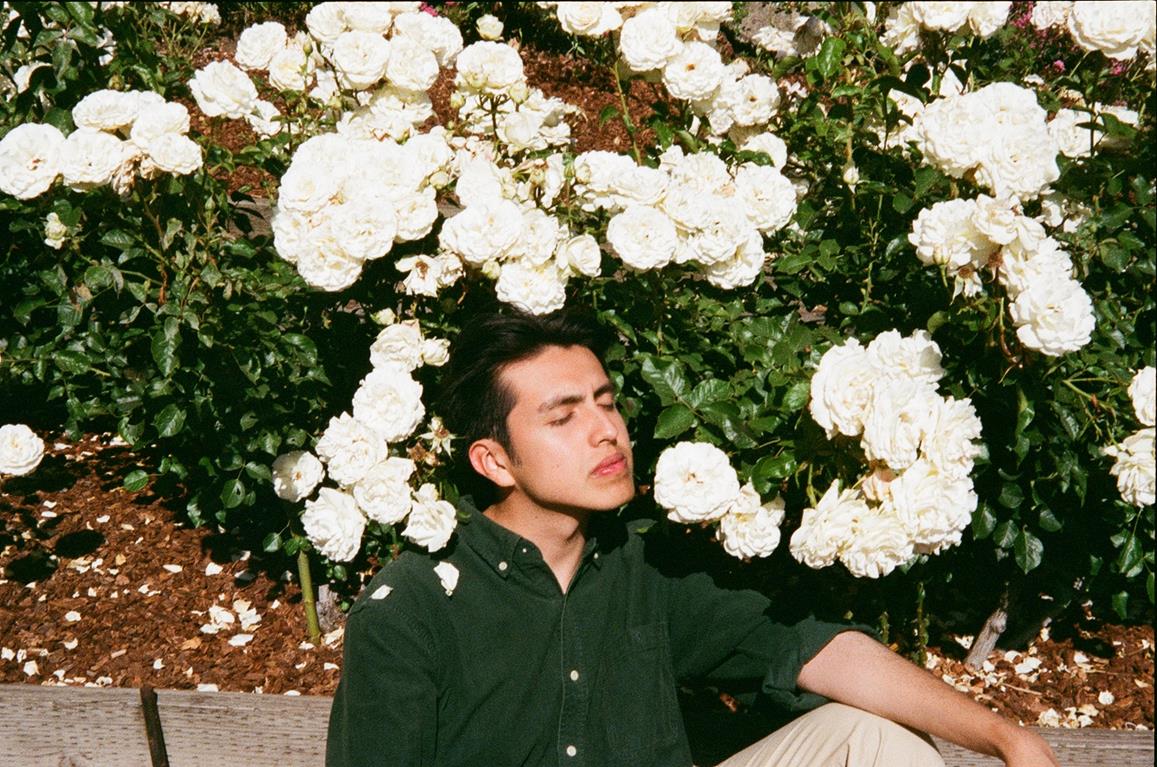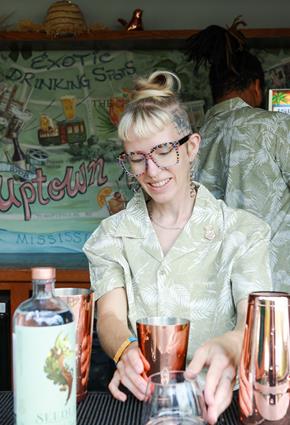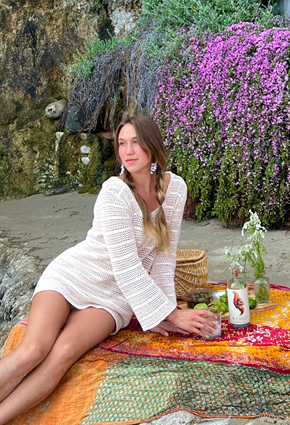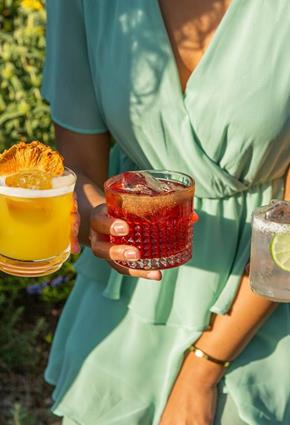For this month's Six w/ Seedlip, we spoke with Isaias Hernandez, an environmental educator, content creator and public speaker who splits their time between Los Angeles and New York City.
I. What advice would you give to those who wish to inspire friends or family that feel disconnected to the planet and the protection of it?
Understand how your heart is feeling. Visit the soil, hug a tree, and ask the river for guidance. We often don't realize that everything in life is interconnected. There are stories in the ocean and stories underground, each interwoven in our culture and family history. You don't need to be a hero, but simply someone who wants a better life for themselves and others around you.
When we bury our pain in an unknown place, we will constantly tell ourselves the work we do in the movement isn't enough. We need to recenter those thoughts and think of localization. Bury your pain and doubts in a known place that keeps you grounded and rebirth a new sense of life in your ecosystem. When others see you centering on your existence, they too shall follow their leads to believe in themselves to create change within their bioregion.
II. What does connecting to nature look like for you?How do you define nature?
Nature is an active system that flourishes the land, people, culture, animals, mycelium, plants, ocean, and stars. Nature brings existing characters within their biophysical system and teaches them stories, lessons and interrogates power dynamics within Mother Earth.
With that being said, my connection to nature looks into tapping into the depths of my heart and unraveling the pain and power. It's not so much about me sitting down and reflecting but how I choose to navigate my life through the series of actions. To not be based on purity or villainous acts but on justice that seeks to exist in a nuanced world. Reconnection is an active process. Whether it's me talking to the trees, seeing the depths of death within mycelium, or fighting for human and animal liberation, these are all processes to help me understand my connection to nature.
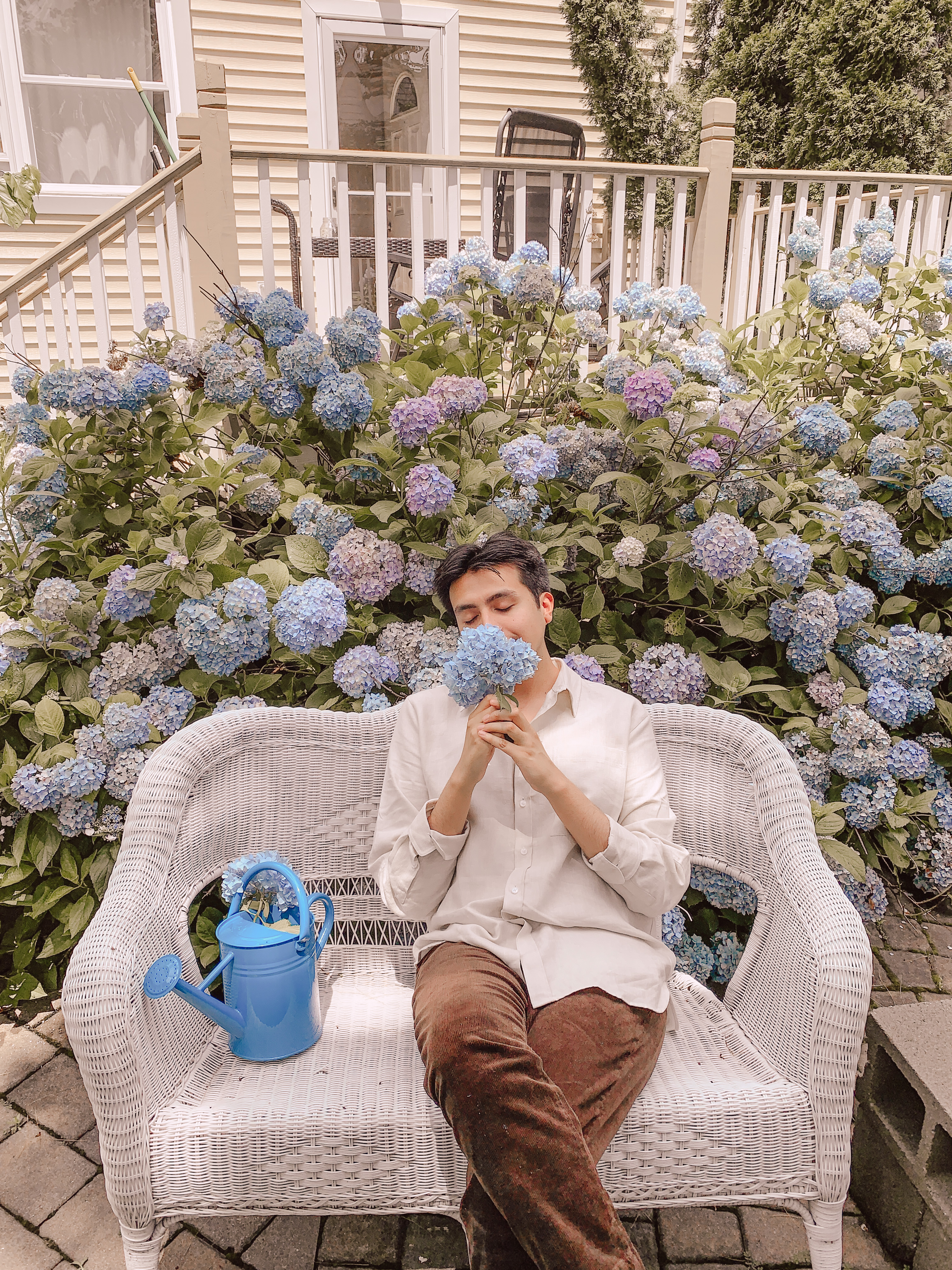
III. As an environmental educator, do you ever question or feel at odds with nature?
I believe so. In my interrogating my work, I see that many of the words I use do not always come from my culture but rather Western thoughts that have often dominated the rhetoric in how we describe ourselves. Perhaps that is the importance of tonal diversity and linguistics.
It's not seeking to be universal because our culture, language, and hands are sacred to our perspective bioregion. It is only until we share food, clothing, or materials that we learn about each other from different realms. We live in a multidimensional world, so perhaps I do not always need to reference people's thoughts or readings but take time to listen in the stillness of time.
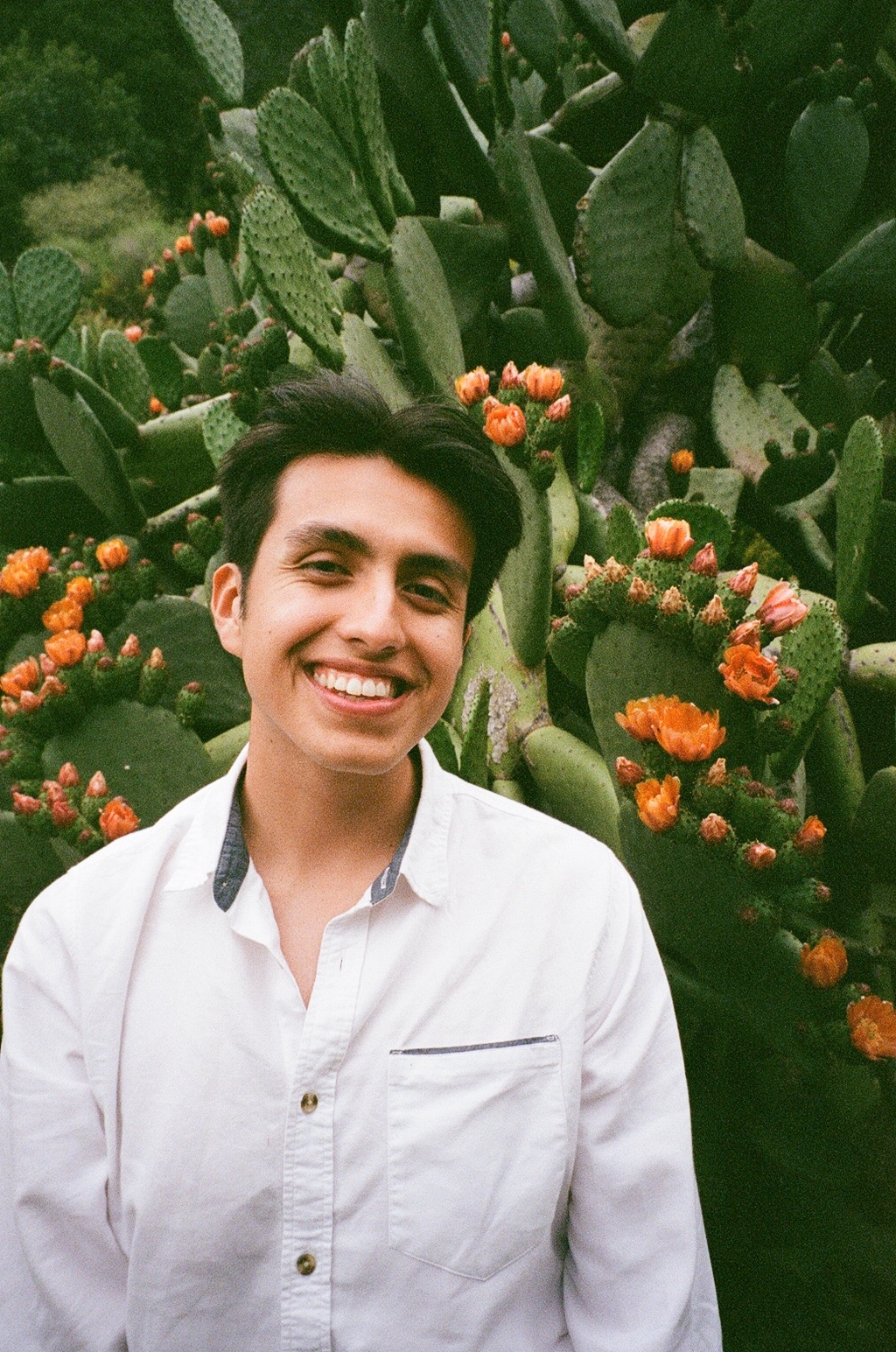
IV. What is one thing we can start doing every day to better celebrate and protect our planet?
Reconnect with our lived experiences that embody our culture, spiritual, or religious values. I believe people are unsure how to connect because we've been told to follow a set process or binary structure of values to achieve the answers we need, but that's not how our planet operates. When we are sure of ourselves, we can start with a change in the exterior soul. Do one thing at a time to ensure you float but not sink. I think that when you focus on a sector in your life, ask yourself, is this accessible to me, does it make my heart feel good, am I being drawn for curiosity, and do I love to be challenged? Does it bring justice to my community? These questions are foundation structures for people to choose certain lifestyles, whether they are car-free, flight-free, zero-waste, vegan, plant-based, or chemical-free. I'm bad at giving direct answers because our minds are different, so I say check in with your heart first.
V. Do you ever fall off track? How do you remind yourself to stay grounded and rooted?
I have failed myself many times for not checking in with myself. This year, I do not believe in having set deadlines but having slow work that is sustainable and local to my work. It's not about becoming big, becoming known, or having published work, and it's about knowing that I can sustain my work today for my happiness. I can still be in this movement within 10, 20, 30, 40, 50, or 60 years later and I can enter the afterlife knowing that I tried my best.
I practice a lot of meditation and journaling. Whenever I get flustered, I step away for a few minutes. Realign, recenter and decenter to come back again to the work I want to do today. It's not easy, and our work takes time to grow. My community, culture, and relationship with other dimensions keep me grounded.
VI. If you could invite 6 individuals to a dinner party you’re hosting, who would they be and why? What Seedlip cocktail are you serving?
This is hard because I don't have too many friends, but I would say my family would help fill that table. My mother, father, sister, twin brother, brother-in-law, and dog companion friend. As you get older, the time you once had with your family becomes fragmented if you do not have active intentions to be with them in their lives.
Time is sacred, and I think building that love for your family, culture, and spiritual values is true wealth. Dinner is almost a ceremony where we cherish the memories, goals, and relationships that we hold for each other. It's love. The drink I would love to make for my family is the Seedlip Spice 94. As a Latin family, we have some spice in our conversations with a side of reverence to each other, so I think making a Spice Ginger Highball is the way to go for my family. It brings the balance we need to recenter ourselves.
Follow Isaias @queerbrownvegan

